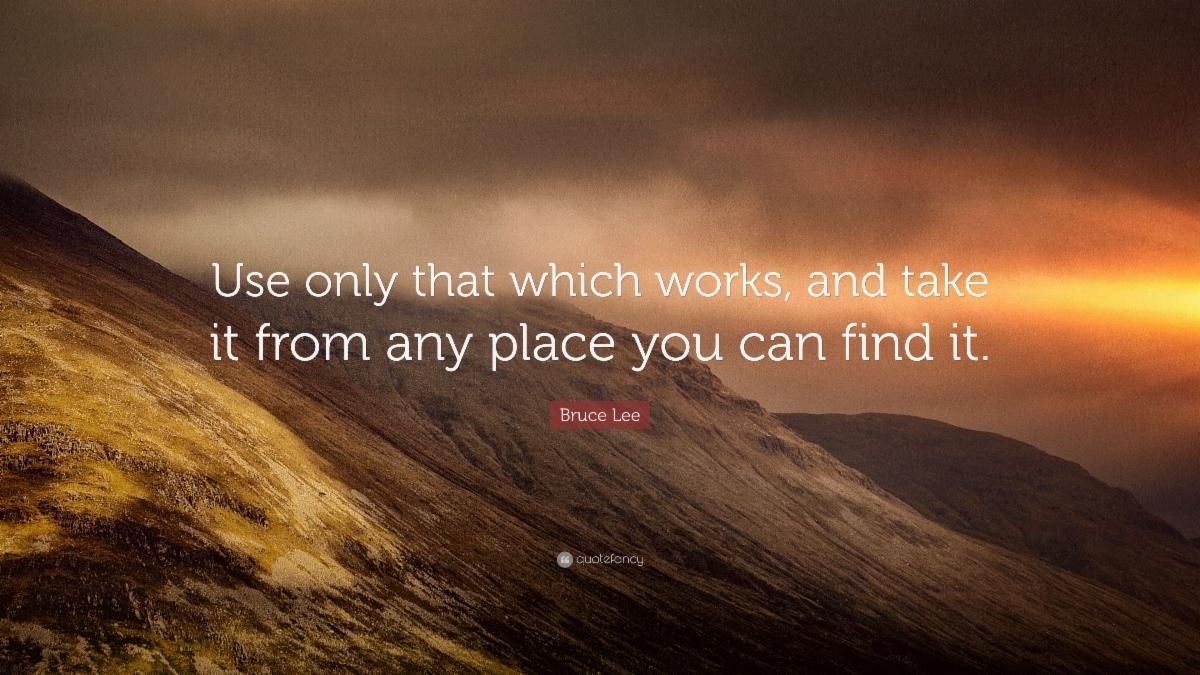
August 19, 2021
Putting Your Knowledge To Work
To establish yourself as an executive, you’ve likely mastered a technical or professional skill. It may be finance, supply chain, sales, data analytics, or any number of other disciplines. But as a leader, technical expertise alone will only get you so far. If you want to take your effectiveness to the next level, you’ll need to expand how you make it valuable and who finds your mastery useful.
The key to unlocking the value of your knowledge lies in how you communicate your expertise, use it, and apply it to other situations. So, what are the secret ingredients for leveraging your specific areas of expertise and experience?
- Communicate and translate the utility of your expertise to others. Use pragmatic and clear language to help those outside your specialty understand what you have to offer. Make it accessible. I often say to clients, “explain that to me like we are friends from high school, and I don’t know much about your business.”
- Use your expertise to develop talent. Nothing creates loyalty and engagement like helping someone improve their skills and grow. Investing your time and energy in helping others learn and advance makes you even more valuable.
- Bring your expertise into scenarios where people need it. Where would your organization benefit from cross functional collaboration? Use your knowledge to build the bridge between functions. Perhaps your understanding of finance enables the sales organization to do a better job with pricing. Or your experience in operations can surface issues others are unable to see.
Senior leaders need to know how to leverage their unique experience in every situation, not just in environments specific to their capabilities. How you use that expertise in a variety of contexts to help your company grow is a key to effective leadership. Prioritizing this in your own development will absolutely elevate your leadership presence.
The Sales Evolution Can’t Happen Fast Enough
A few weeks ago, the Wall Street Journal published an article about sales jobs, The Pay Is High and Jobs Are Plentiful, but Few Want to Go Into Sales. It reminded me of the importance of changing the nature of the profession. More importantly, it highlighted the need to change the perception of what it takes to be successful in sales.
The stereotype of salespeople being pushy and focused on personal compensation by selling people things they don’t want, don’t need, and can’t afford is a result of a long legacy of poor sales behavior. But the profession has evolved significantly. It’s been over 40 years since the introduction of consultative selling and a focus on solutions to customer issues.
But the sales function is proof that old habits die hard. Don’t let these misunderstandings about what it takes to be successful in sales hurt your business. They have a cascade of implications for you as a leader in your company; everything from the profile of people you recruit, the way you invest in their development, the management practices and measures you use to guide and lead, and even how you compensate. Our thinking about sales informs the systems and practices in companies that either reinforce stereotypically bad behavior or foster more productive contemporary behavior.
Today effective selling is about value, insight, and expertise. It’s about helping customers see things differently. Changing the nature and perception of sales will be a major factor in the health of your revenue stream. I think you’ll want to be on the modern side of that equation.
Do you want to help update your company’s view of the sales function? Read Get Over Your Fear of Sales for more on this issue.
Lost In Thoughts
Frequently I find myself lost in thought. It’s ok if I’m intentionally thinking through a problem or refining an idea, but most of the time it's counterproductive and I’ve simply been distracted. I’m certainly not “in the moment” as they say. I’ve missed parts of conversations, movies, audiobooks, and more as my mind wandered – usually to something frustrating or upsetting. I’ve heard it referred to as getting hooked by a thought and getting carried away by it. We all deal with this to some degree, and I’m beginning to learn that practicing mindfulness through meditation is at least part of the solution.
I don’t love that term, mindfulness, as it seems to have grafted on to everything and to be frank, it sounds a bit woo-woo for my taste. That said, the practice of mindfulness meditation has helped me recognize how wild and out of control the nature of the mind (or my mind) can be. That awareness, as I’m starting to understand, is the first step in coming back to the present moment.
I’ll write more on this in the months ahead, but for now, if you want to try a good mindfulness meditation app, I suggest “Waking Up” by Sam Harris. He combines neuroscience and pragmatism in a way I’ve found to be useful. The introductory course is 28 days and very well done. There are a handful of promotional offers available if you search “Waking up free trial” you’ll easily find them.
Current Read
Will Your Company Lose People To ‘The Great Resignation?’ The Secret To Retaining Top Talent
In March 2021, the “quit rate” in the labor market was 2.4%, the highest for that month in twenty years. In April, it increased to 2.7%.
The “great resignation” as it has been termed, is one of the many surprises brought on by the pandemic. Why are people leaving their jobs in record numbers? For some, it is an unwillingness to give up the flexibility gained through working from home. For others, the pandemic prompted them to rethink their relationship with their jobs. As noted in the article, a growing number of workers are concluding that life is too short to waste on an unfulfilling job that takes a toll on their health and well-being.
The pandemic gave employees an opportunity to understand the true nature of their companies, and people are acting on what they learned. How can companies double down on investing in employees, resulting in employee satisfaction and retention? Check out this week’s read.
Quotable


